Conversations from Byron
Myth And Folklore in Literature
Listen Now
About the speakers
 Sarah Armstrong
Sarah Armstrong
Sarah Armstrong has written five novels – including Salt Rain, shortlisted for the Miles Franklin – and, most recently, two stories for young readers: Big Magic and Magic Awry.
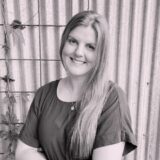 Eliza Henry-Jones
Eliza Henry-Jones
Eliza Henry-Jones is an author based on a small flower farm on Wurundjeri land. She has published five novels, most recently Salt and Skin.
 Holly Ringland
Holly Ringland
Holly Ringland is a writer, storyteller, and television presenter. The Seven Skins of Esther Wilding was an instant national bestseller.
 Kári Gíslason
Kári Gíslason
Kári Gíslason is a writer and academic. His latest book, The Sorrow Stone, is an historical novel that reimagines one of the medieval Icelandic sagas.
Donate to our Festival Fund
The exchange of stories and ideas sustains us in challenging times. Now more than ever we are relying on your support to help us continue celebrating Australian stories and literature, enhancing the skills of local writers, and nurturing the next generation of readers and writers. As a not-for-profit organisation run with a small team of staff and volunteers, contributions of any size go a long way in enriching the creative culture of our community. Amounts over $2 are tax deductible. Thank you.



 Shirley Le
Shirley Le Myf Warhurst
Myf Warhurst Oliver Phommavanh
Oliver Phommavanh Mandy Nolan
Mandy Nolan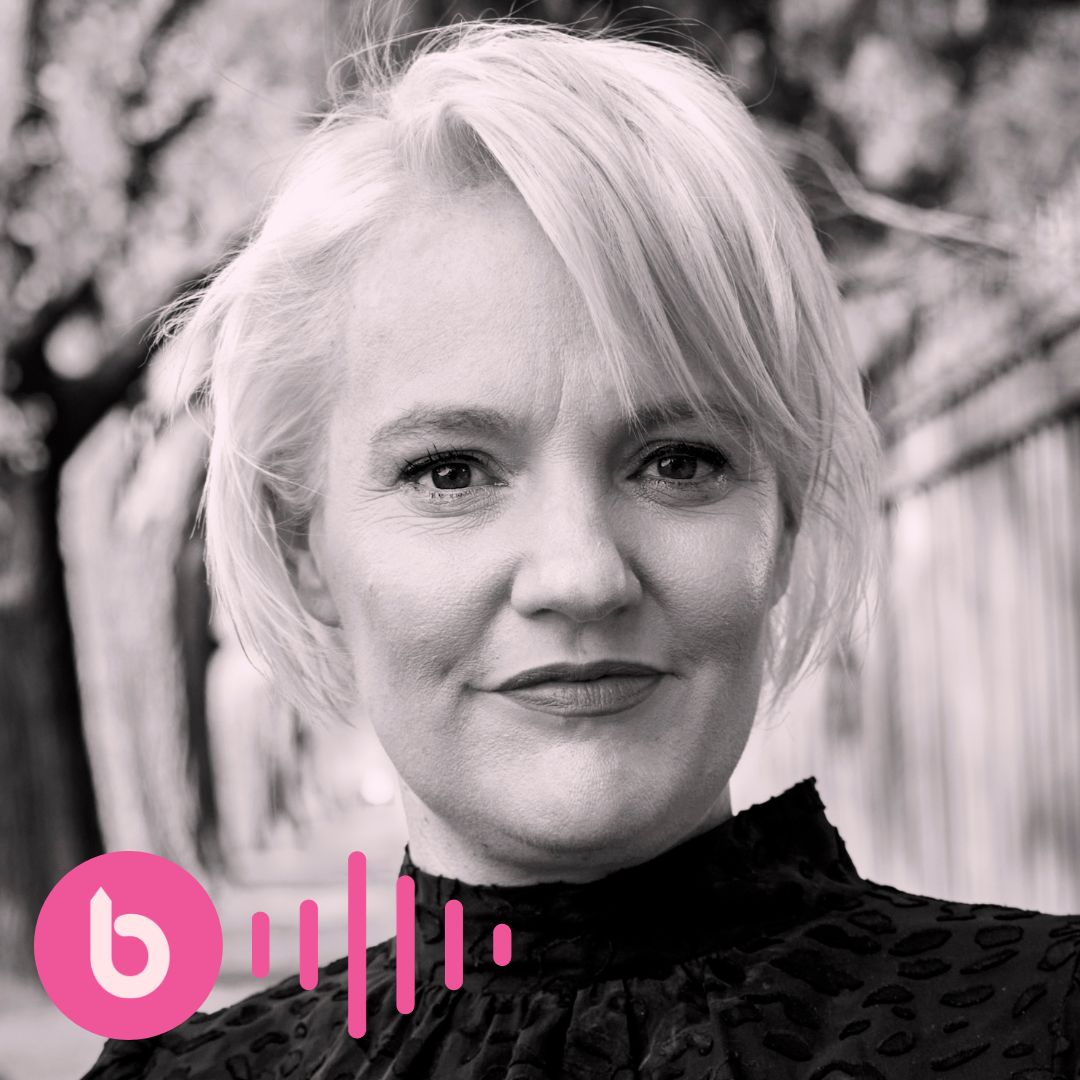
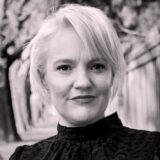 Jacinta Parsons
Jacinta Parsons Tracey Spicer
Tracey Spicer Susan Johnson
Susan Johnson
 Bebe Backhouse
Bebe Backhouse Nakkiah Lui
Nakkiah Lui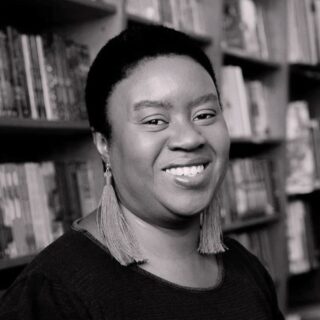 Maxine Beneba Clarke
Maxine Beneba Clarke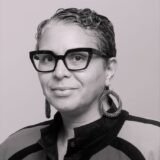 Cheryl Leavy
Cheryl Leavy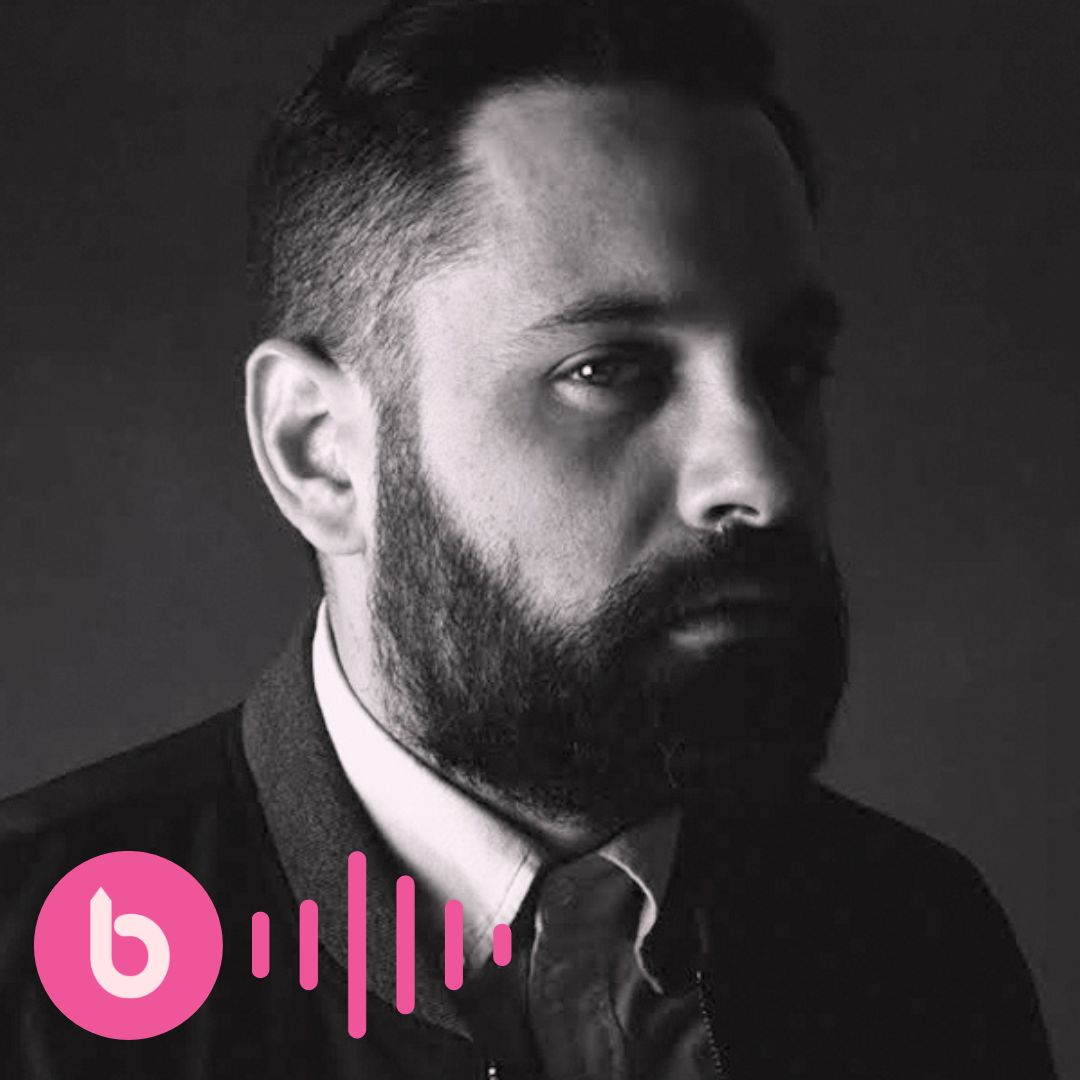
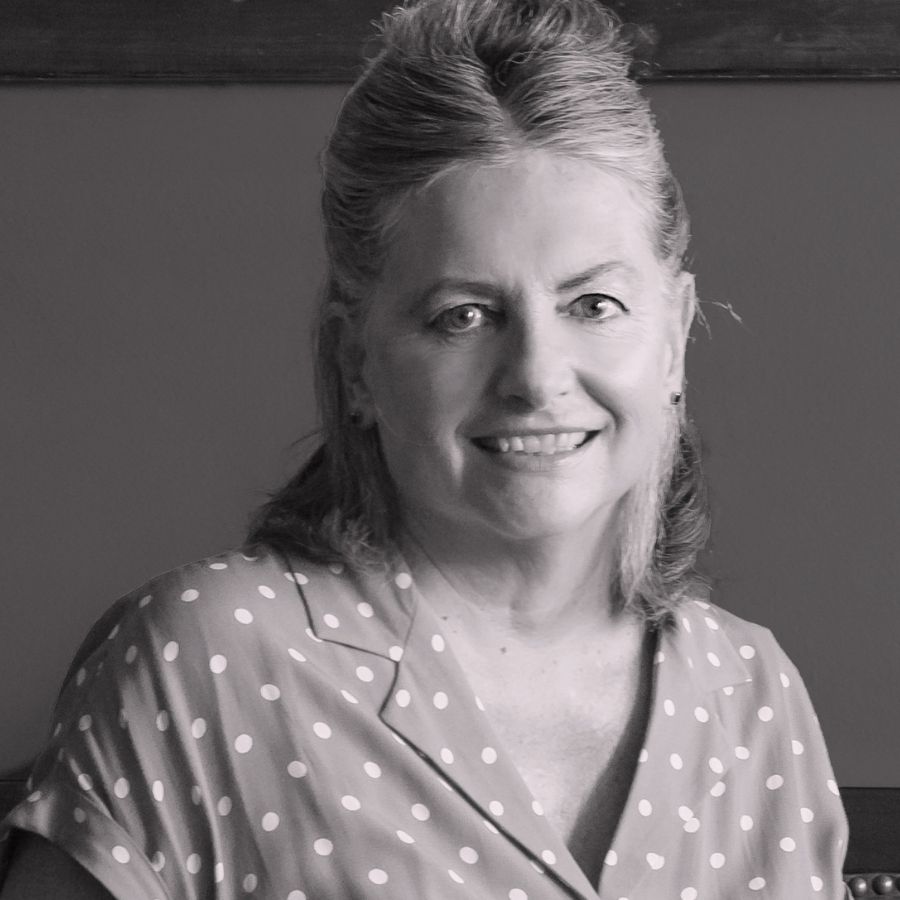 Susan Johnson
Susan Johnson Maggie MacKeller
Maggie MacKeller Peter Polites
Peter Polites Jill Eddington
Jill Eddington
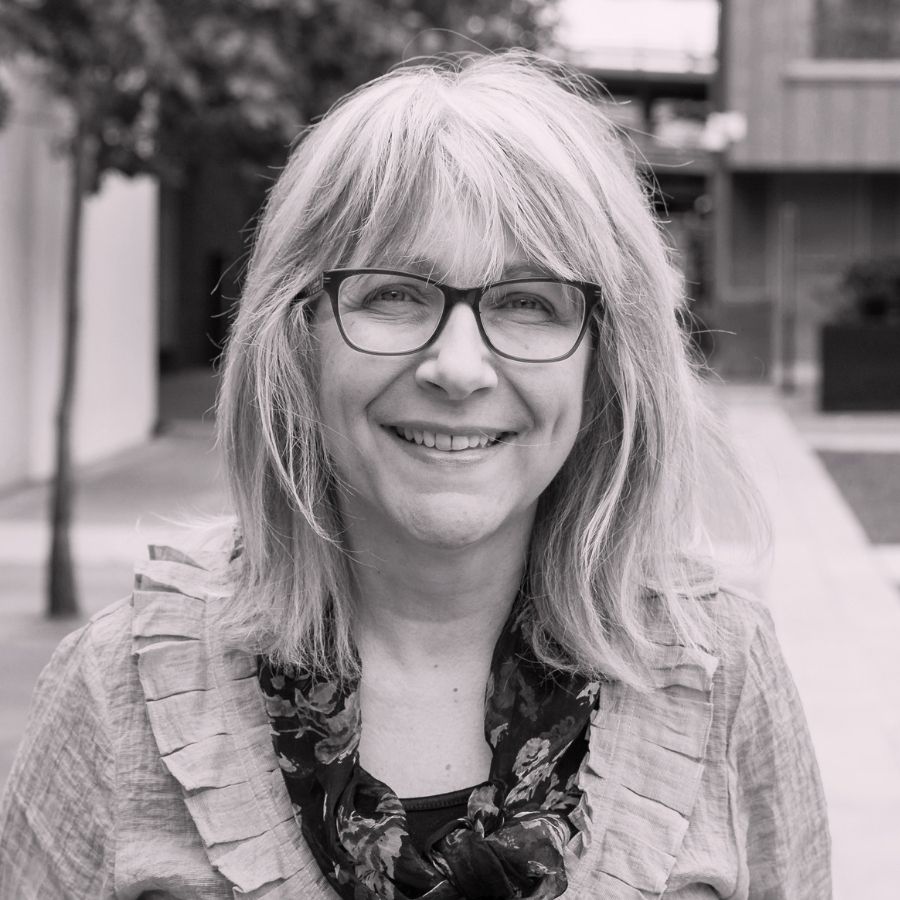 Sandra Thom-Jones
Sandra Thom-Jones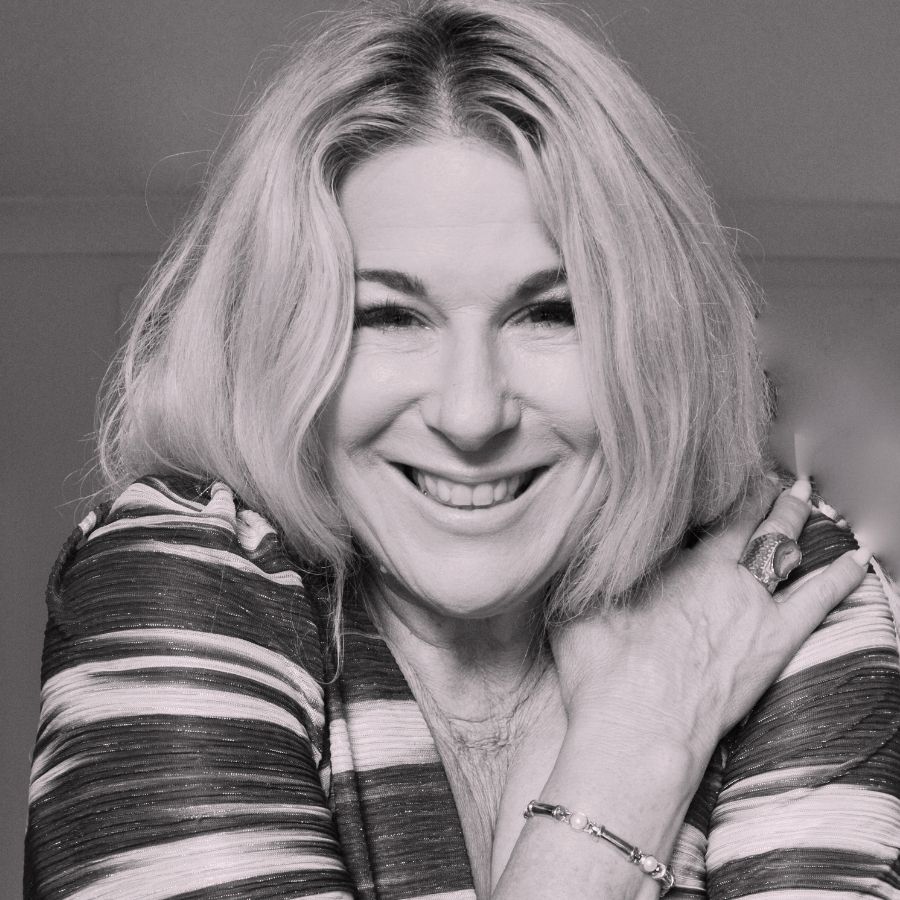 Mandy Nolan
Mandy Nolan
 Robert Waldinger
Robert Waldinger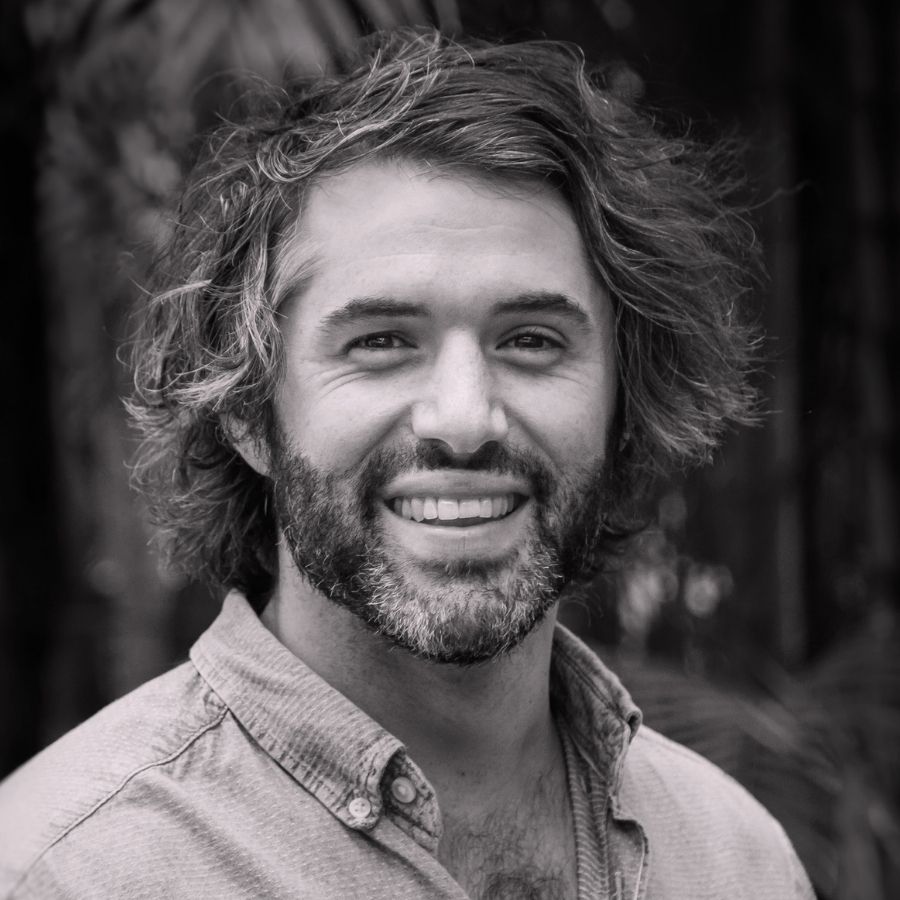 James Kirby
James Kirby Hilton Koppe
Hilton Koppe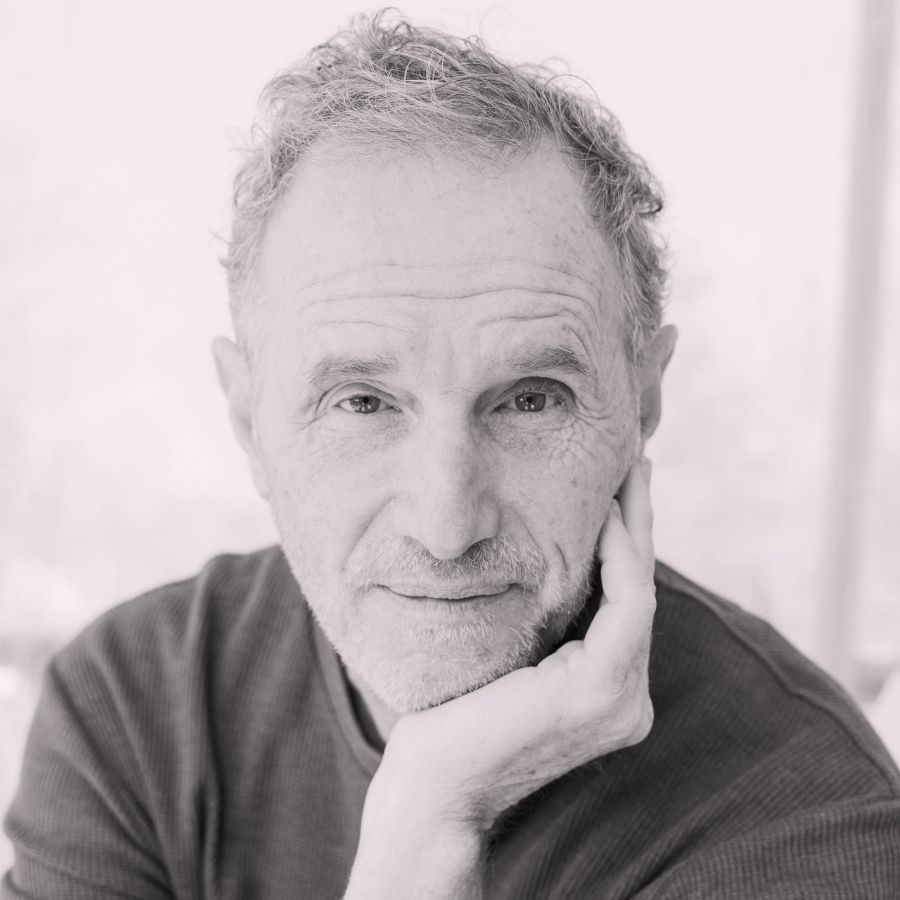 David Roland
David Roland
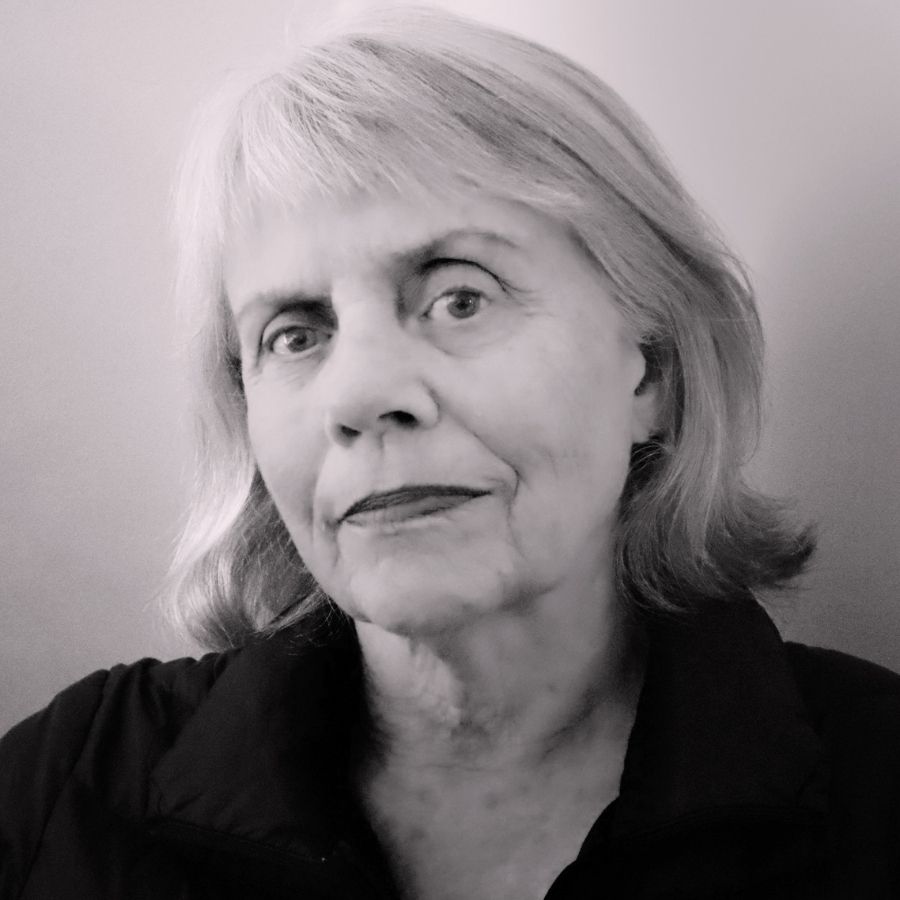 Marele Day
Marele Day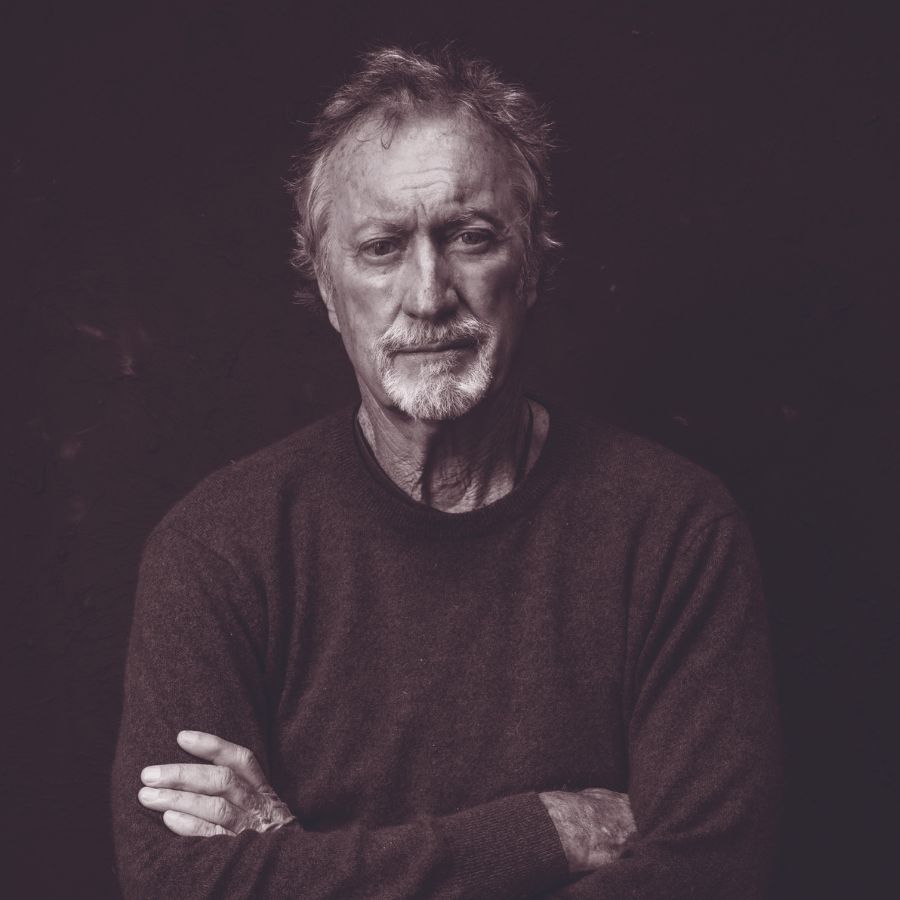
 Bryan Brown
Bryan Brown Chris Hanley
Chris Hanley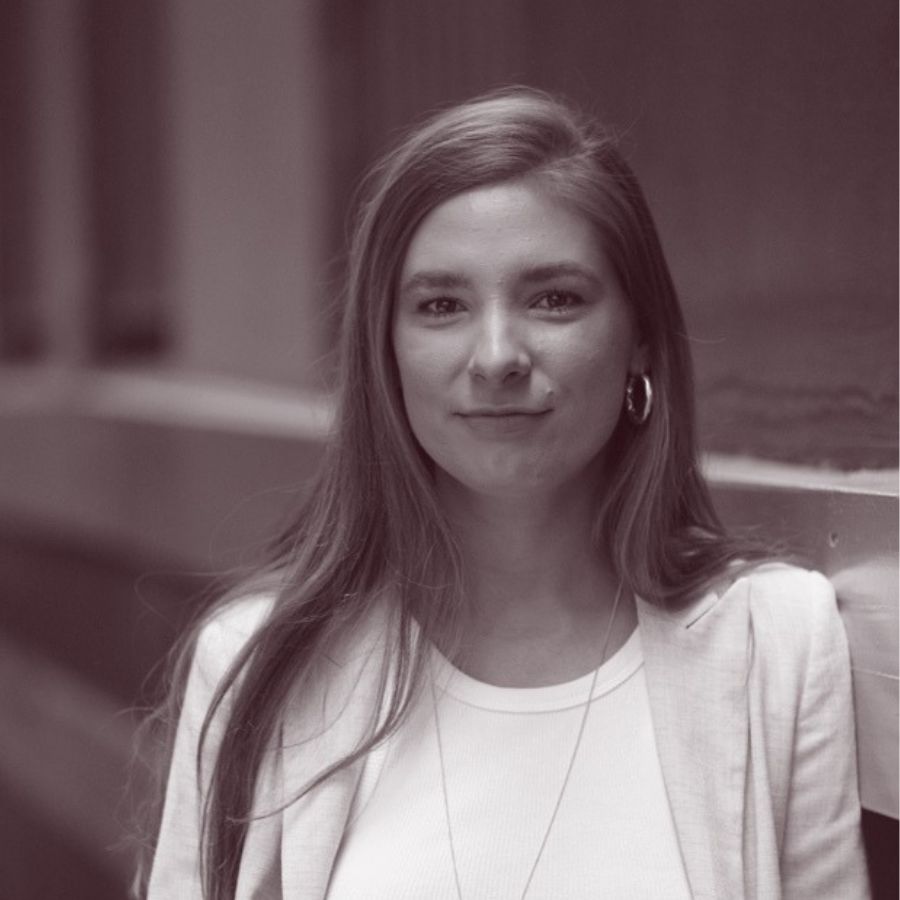
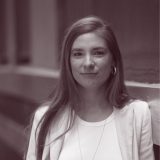 Evelyn Araluen
Evelyn Araluen Daniel Browning
Daniel Browning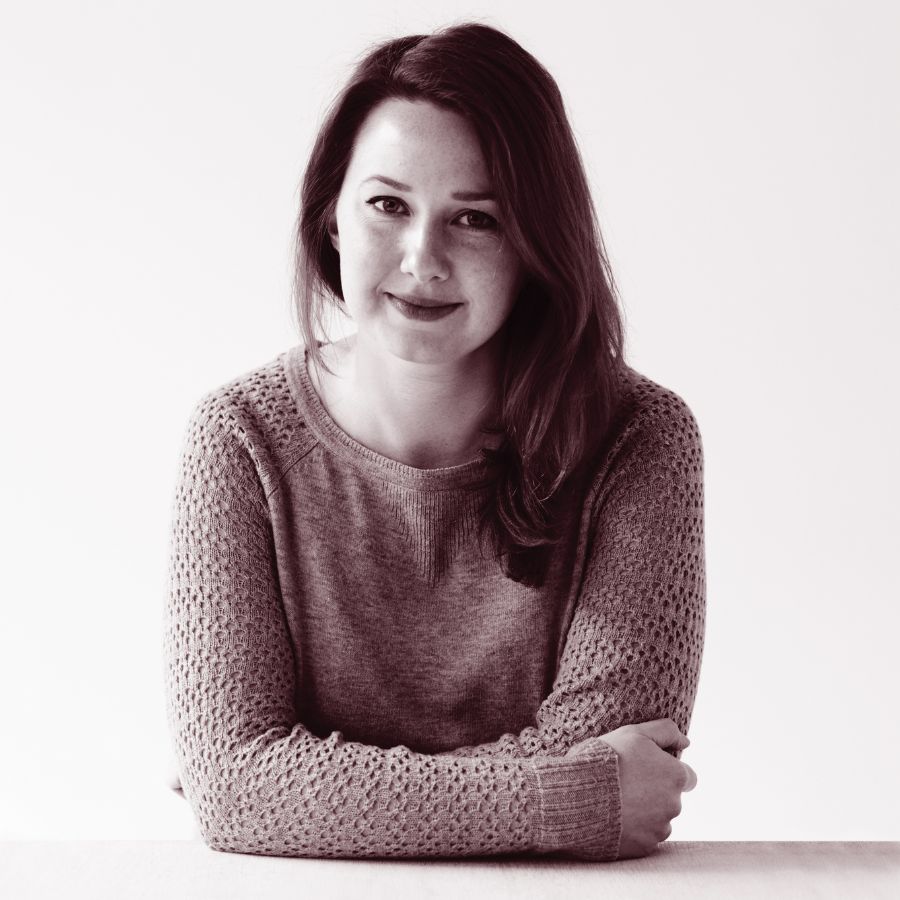
 Hannah Kent
Hannah Kent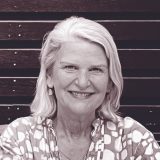 Susan Wyndham
Susan Wyndham
 Trent Dalton
Trent Dalton David Leser
David Leser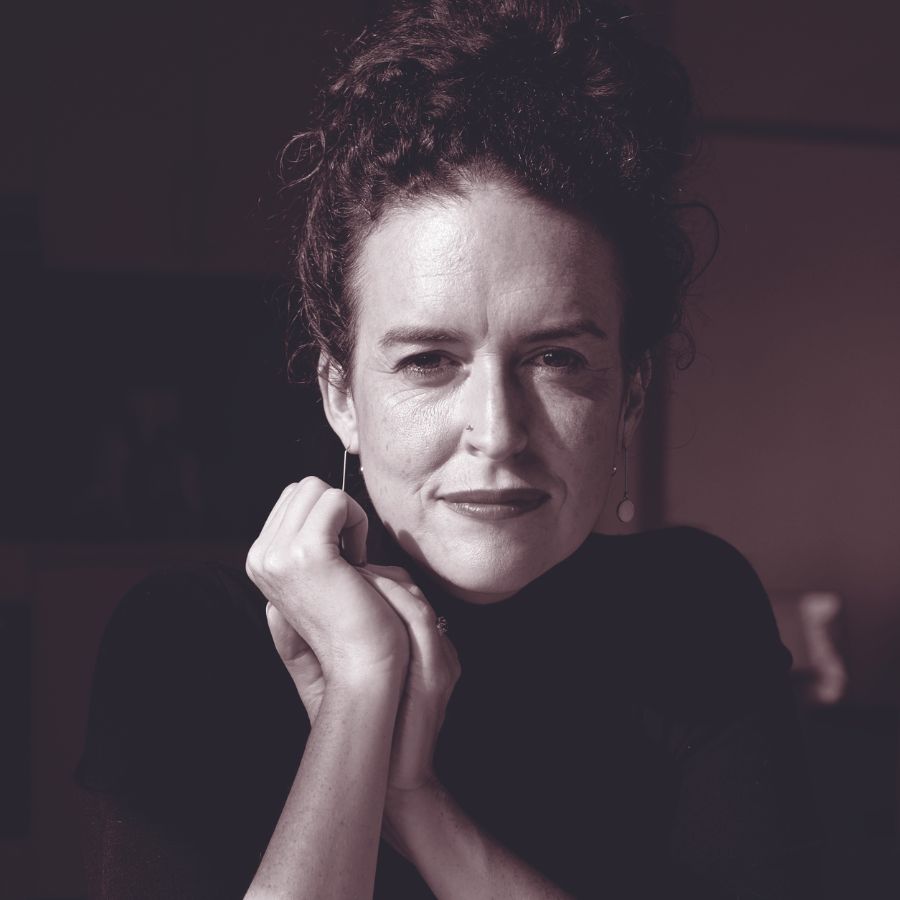
 Dylin Hardcastle
Dylin Hardcastle Kathryn Heyman
Kathryn Heyman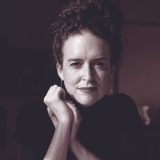 Jess Hill
Jess Hill Gina Rushton
Gina Rushton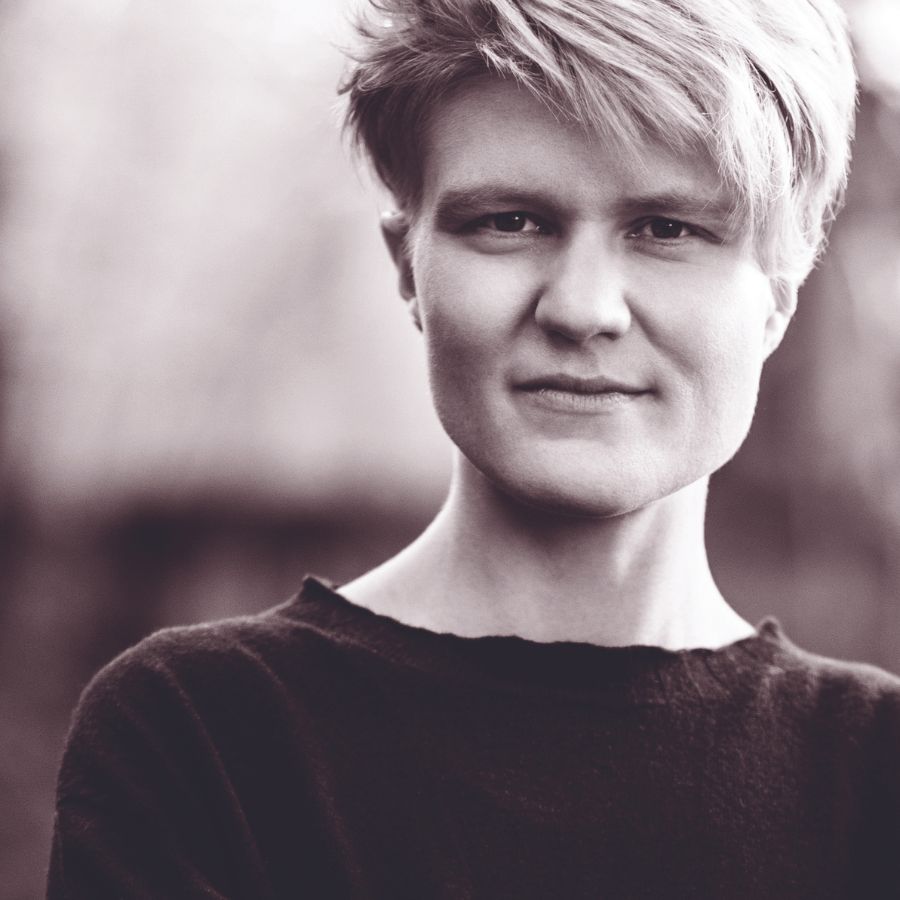
 Yves Rees
Yves Rees Mariam Veiszadeh
Mariam Veiszadeh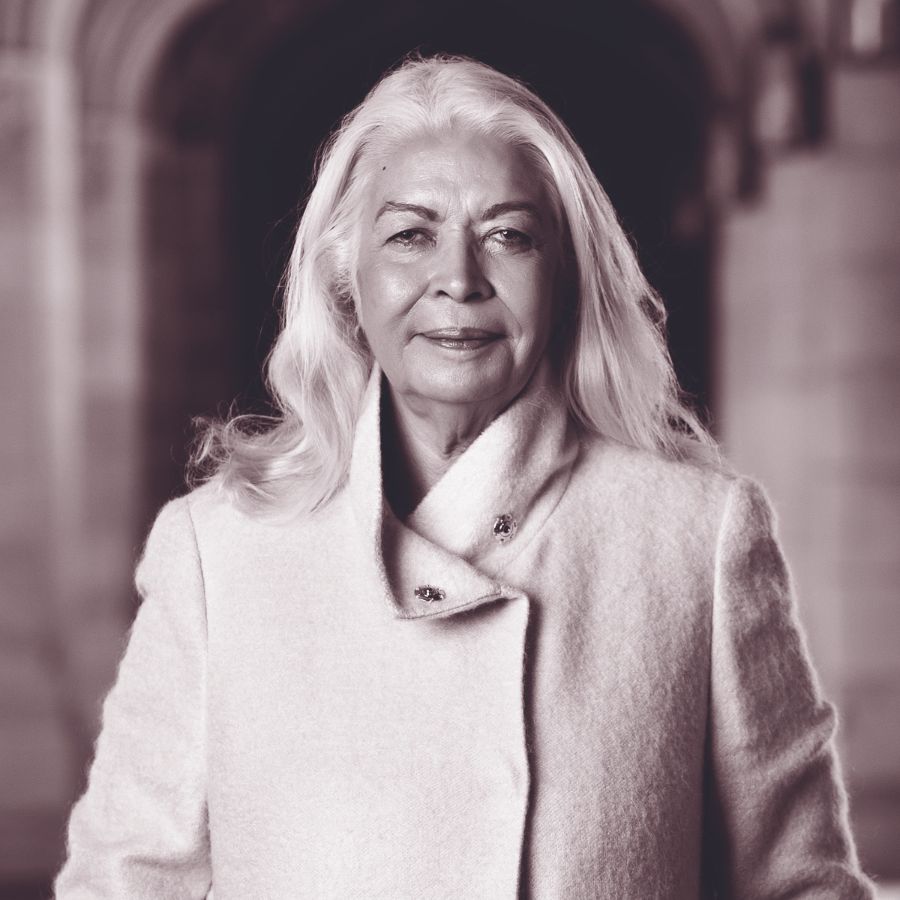
 Judy Atkinson
Judy Atkinson Paul Callaghan
Paul Callaghan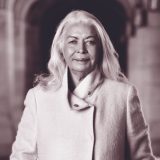 Marcia Langton
Marcia Langton Cheryl Leavy
Cheryl Leavy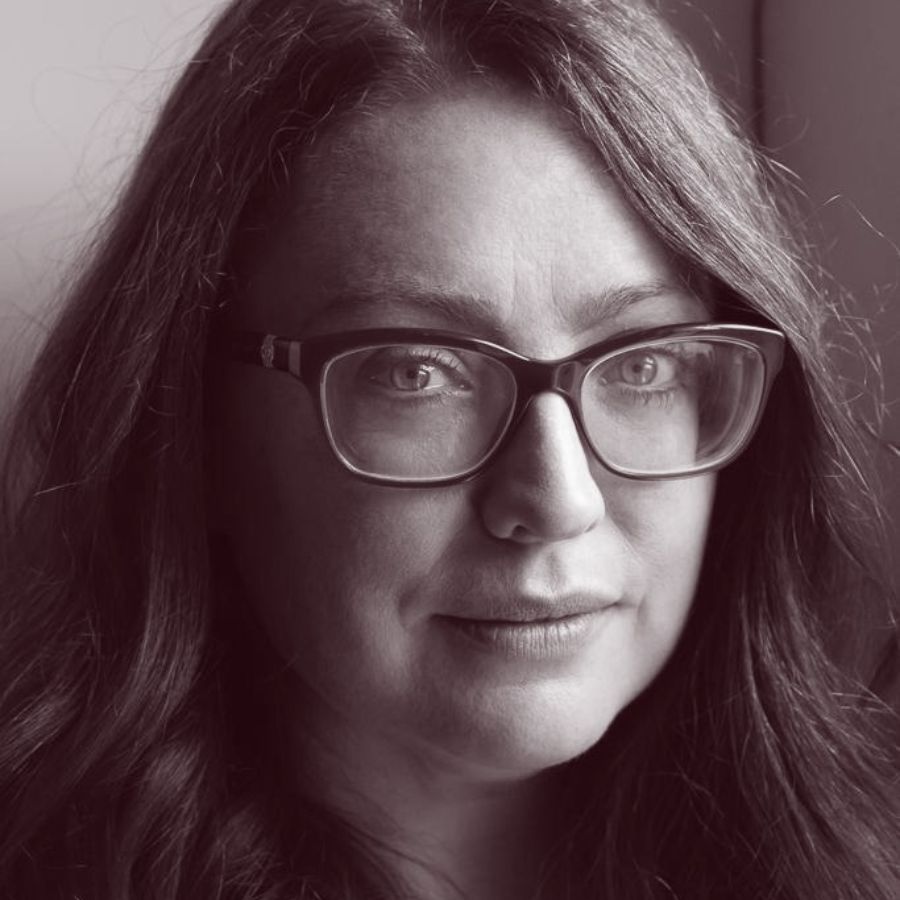
 Van Badham
Van Badham Tim Burrows
Tim Burrows Ed Coper
Ed Coper Margaret Simons
Margaret Simons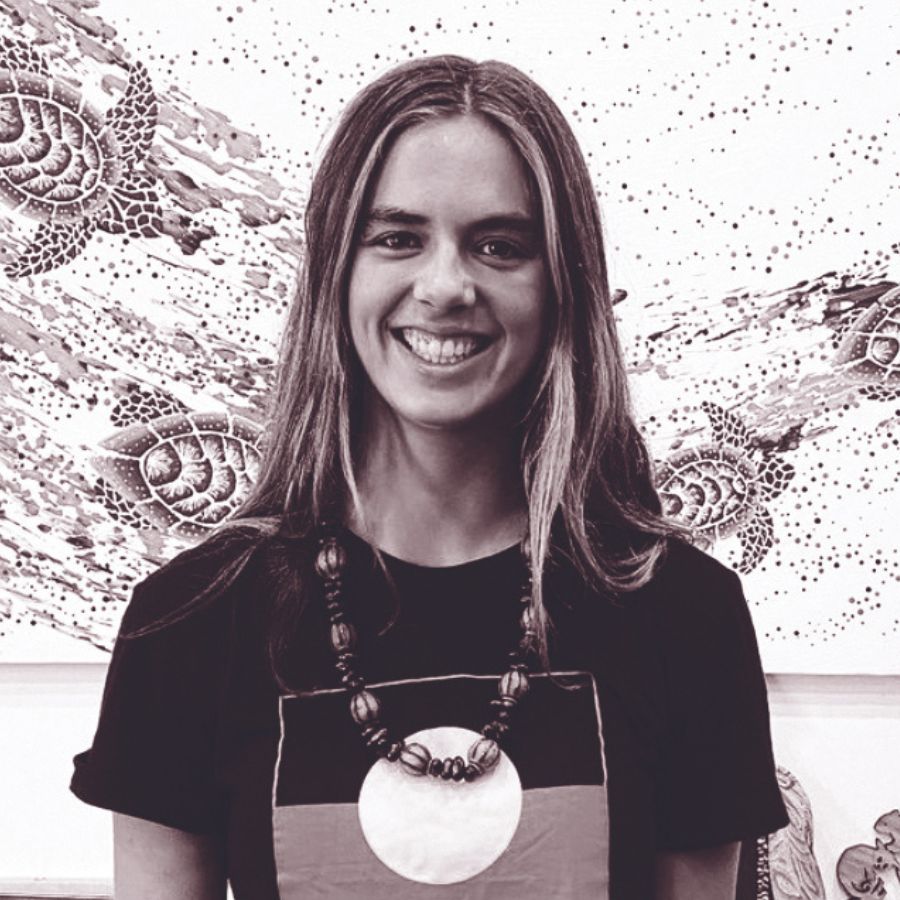
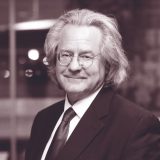 A.C. Grayling
A.C. Grayling Mia Thom
Mia Thom Damon Gameau
Damon Gameau Anne-Marie Te Whiu
Anne-Marie Te Whiu Luka Lesson
Luka Lesson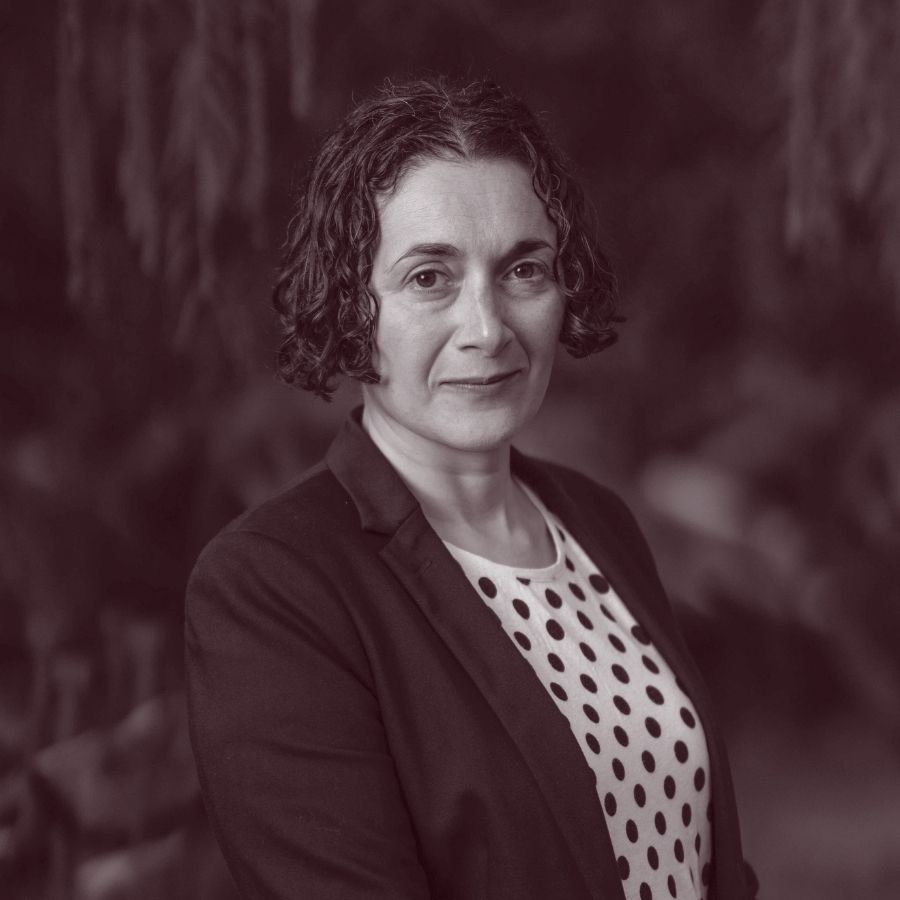
 Bronwyn Adcock
Bronwyn Adcock Joëlle Gergis
Joëlle Gergis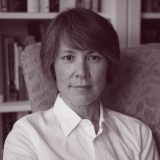 Gabrielle Chan
Gabrielle Chan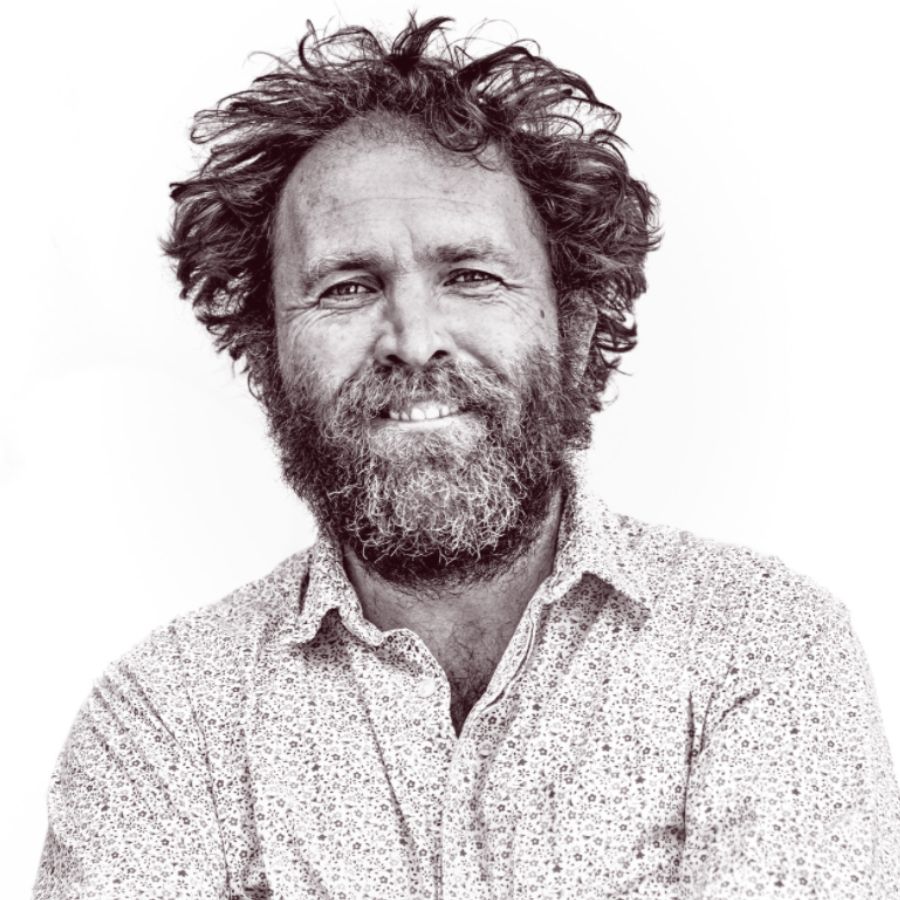
 Saul Griffith
Saul Griffith Tim Hollo
Tim Hollo Sarah Wilson
Sarah Wilson
 Tim Baker
Tim Baker Chloe Hooper
Chloe Hooper Nikki Gemmell
Nikki Gemmell